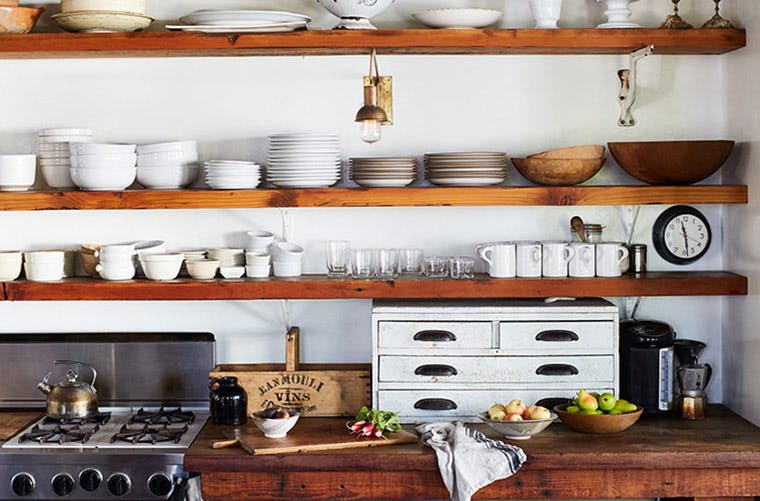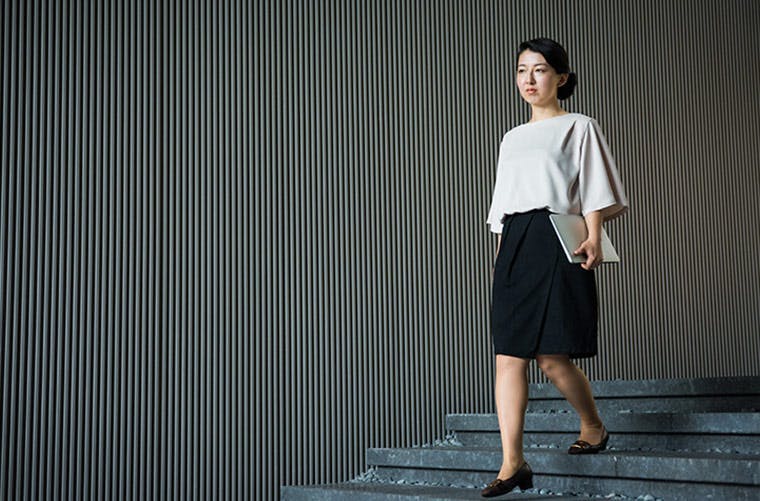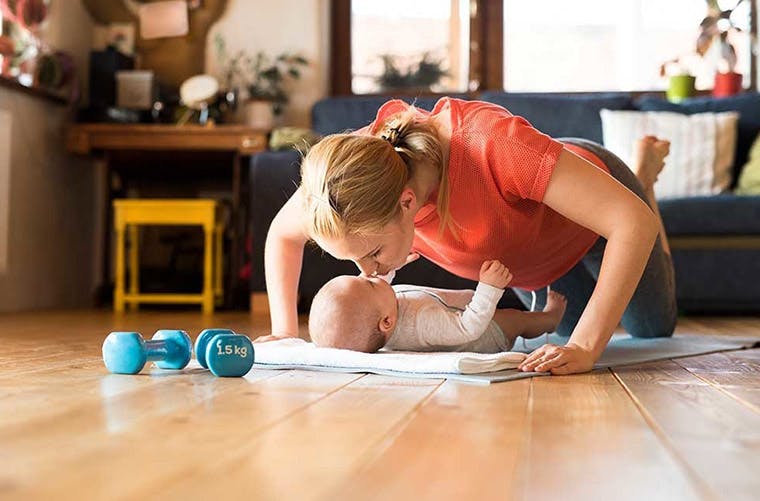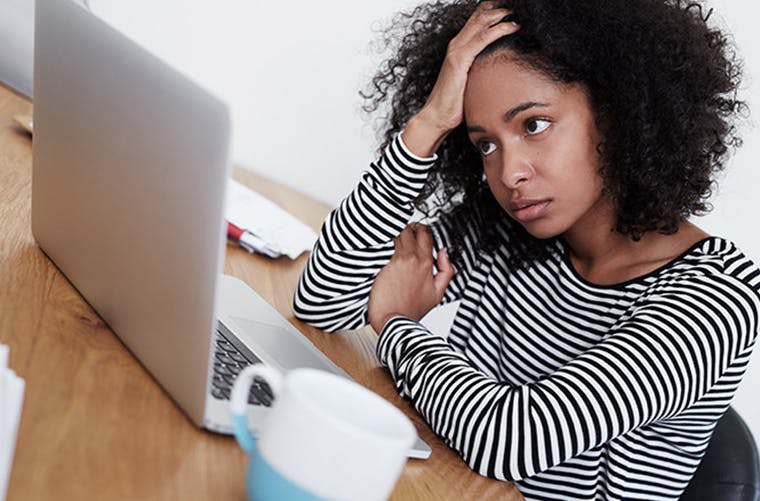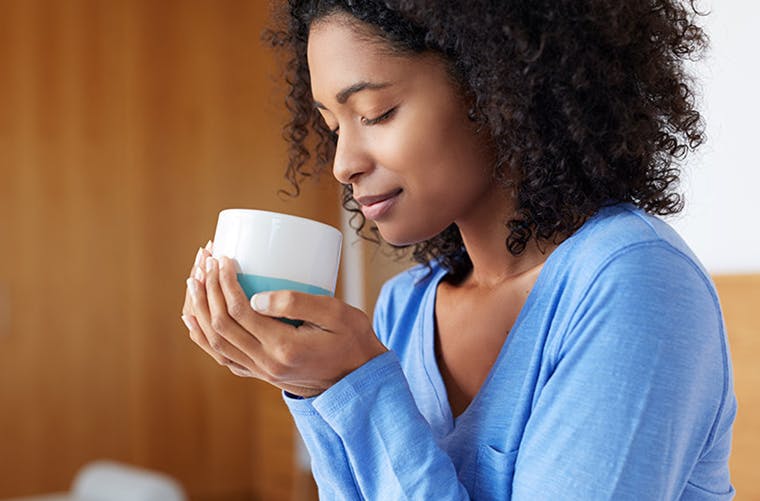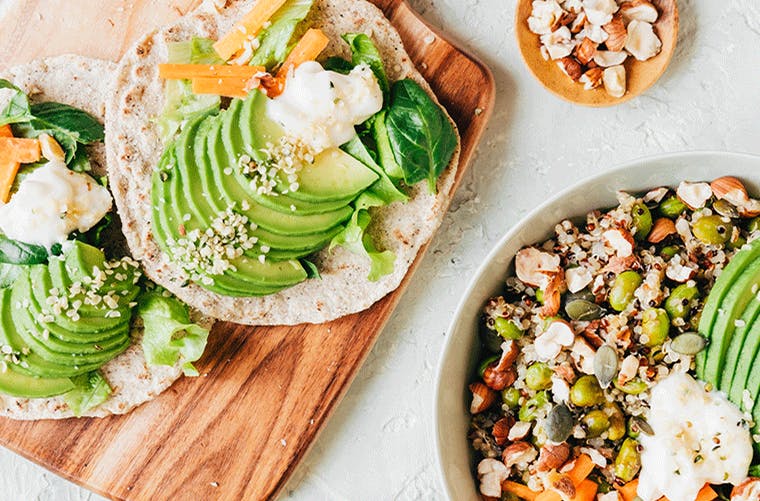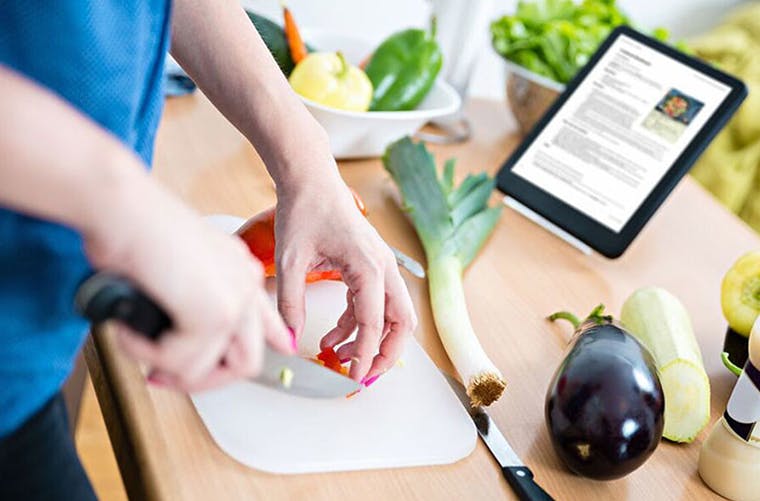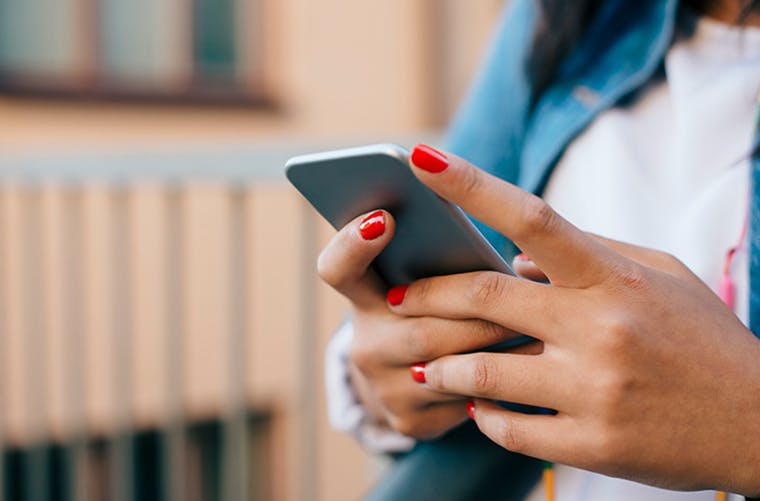4 Healthy Phone Habits to Incorporate Every Day

Cell phones shouldn’t be a cause of stress.
Take a moment and think back to the last time you left home without your phone. How did it feel? We'll take a wild guess and go with bewildering or stressful—or maybe you just ran back to your home to retrieve it. For some, it might actually feel refreshing to go without your phone, which at this point serves as your all-in-one entertainment system, recipe guide, Internet access, camera, and your main way of communicating with friends and family.
It can be hard to break a phone habit. Case in point: A recent survey discovered that the average person touches, swipes, and clicks their phone a staggering 2,617 times a day. Once you factor in actually how much you actually use your phone versus just touching it, it becomes increasingly clear that we have a collective bad phone habit.
But, as with any habit, you can break the bad ones by developing the good, such as making it a rule not to have it on the dinner table with your family, or turning off notifications for certain apps. If you're finding it difficult to disconnect, these other smart tricks might help.
CHECK YOUR PHONE ON PURPOSE.
"Use your phone with intention," says Juhi Singh, an integrative medicine specialist and the founder of the Juhi Center in New York, NY. "Don’t walk around with your phone in your hand or leave it wide open in front of you." Instead, she recommends identifying (and even saying aloud) the reason you need to use your phone — whether you need directions to a new restaurant, want to look up a recipe, or are waiting to see if you got an urgent email — and then only using your phone to focus on that thing, and that thing only.
REMEMBER THE POINT OF SOCIAL MEDIA.
When you're seeing how many views your last Instagram story got or sighing over the latest news on Twitter, it's hard to remember the "social" part of social media. That’s why social media may be best used as a way to stay in touch with friends and family, rather than obsessing over your stats or endlessly reading hot takes of the news. "We have created this tool to improve a social function," Singh says. "In the instances where it actually improves our chances of connecting, it is healthy." But if, for instance, you interrupt your friend during a coffee date to see if your matcha latte photo has garnered new likes, it can instead be detrimental to your relationships. Keeping social media social — and knowing when to take it offline — will help manage your relationship with it.
ASSIGN YOURSELF SOCIAL MEDIA TIME.
If you have an Instagram habit, you don't have to quit cold turkey. Instead, allot time for your favorite apps the way you would anything else. "Give yourself a physical place that is your 'social media space' and an amount of time," Singh advises. Think: your bus ride to work, or during your regular afternoon tea. "You will find that giving yourself limits in the digital world will give you freedom in the real one." It'll help prevent checking your phone from becoming an on-going activity, which is what turns it into a time-suck.
PUT THE PHONE IN ITS PLACE.
Absence from your phone may not exactly make your heart grow fonder, but it might improve your life in other ways. Time without it can actually be restorative. "Give it a proper time and place," Singh says. "An example for this is not sleeping with your phone in the room. If you do, you’re confusing your body and mind, jumbling activities, and receiving the full benefits of neither." Leave your phone in the kitchen to charge at night, and perhaps invest in an old-school alarm clock. This will help bedtime really be bedtime, so you can get the rest and relaxation you deserve.
© Meredith Corporation. All rights reserved.
